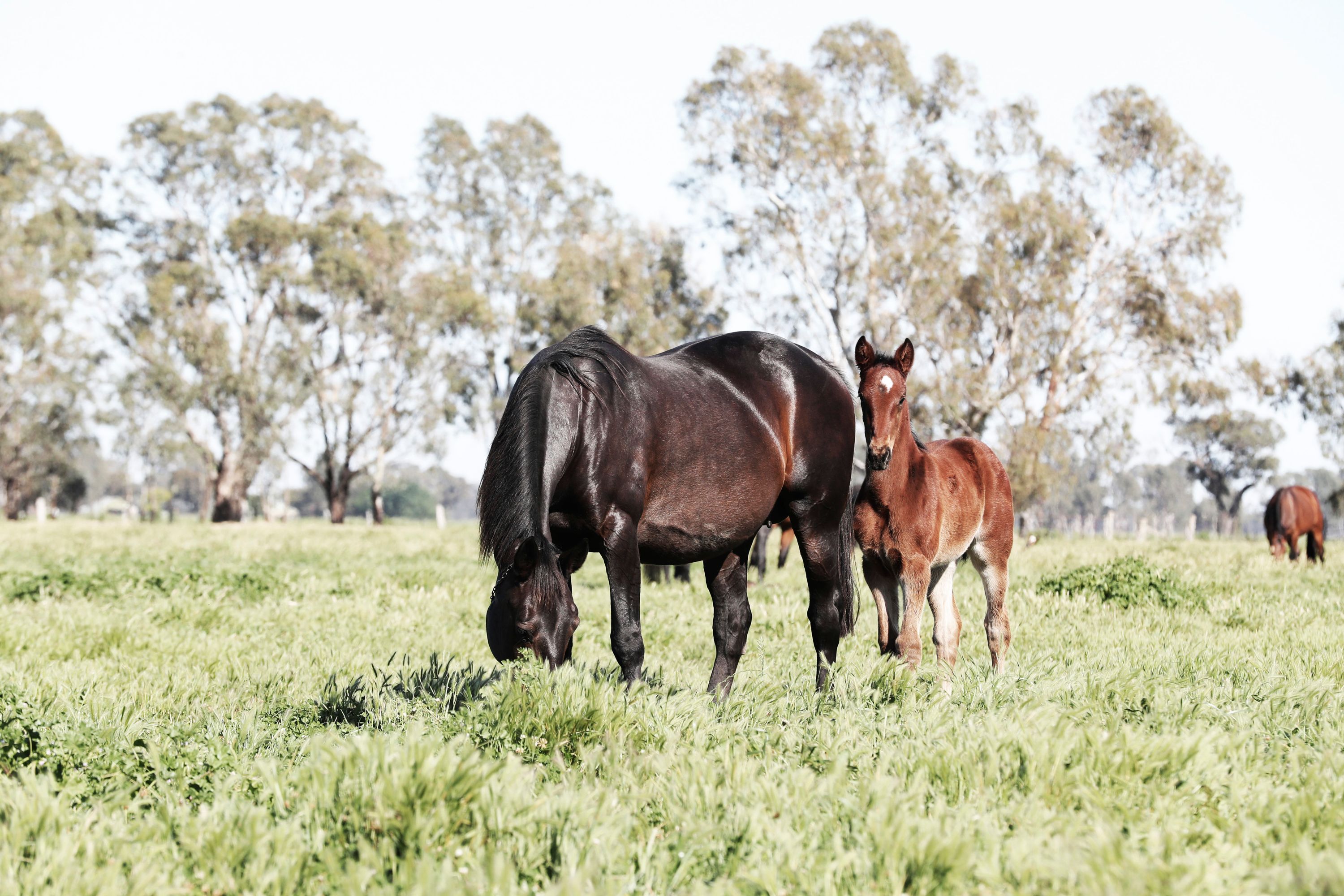 The Chief Veterinary Officer of Victoria has released an advisory for leptospirosis due to a recent increase in the number of human cases of this disease in Queensland and New South Wales.
The Chief Veterinary Officer of Victoria has released an advisory for leptospirosis due to a recent increase in the number of human cases of this disease in Queensland and New South Wales.
Leptospirosis can affect many species, including humans and horses. The increase may be associated with the increase in mouse numbers seen across much of Australia this year.
Leptospirosis is caused by the bacteria, Leptospira. The bacteria are shed in the urine of infected animals and humans and can survive in water or moist soil for weeks or months.
Infection in both humans and horses is by direct contact with infected urine or through contact with contaminated wet soil, bedding, vegetation or water. Contact with contaminated standing water associated with increased rainfall is a common cause of infection.
CLINICAL SIGNS:
Leptospirosis symptoms in humans are similar to COVID 19 or influenza and include high fever, headache, chills, muscle aches, vomiting, jaundice (yellow skin and eyes), red eyes and abdominal pain.
Incubation period in humans is usually five to 14 days with a range of two to 30 days. Leptospirosis in humans can lead to kidney damage, meningitis (inflammation of the membrane around the brain and spinal cord), liver failure, respiratory distress and even death.
Clinical signs of leptospirosis infection in horses include listlessness, depression and/or anemia, low fever (around 38.9C), loss of appetite, jaundice (yellowing of mucous membranes) associated with liver inflammation and petechiae (spots of blood appearing under the surface of mucous membranes).
Leptospirosis causes mid to late term abortion or birth of unthrifty foals with limited life expectancy. It is also thought to be a leading cause of recurrent uveitis (moon blindness) in horses. Liver and kidney failure may also occur but is less common.
TREATMENT:
Acute systemic leptospirosis can be successfully treated with antibiotics in humans and horses. Uveitis caused by leptospirosis is not as responsive and can result in lifelong disease.
PREVENTION:
There is no vaccination available against leptospirosis for horses or humans in Australia.
Humans who work with animals should observe strict hygiene practices, including:
- Covering any cuts or abrasions with a waterproof dressing;
- Wash and dry hands thoroughly after working with animals and especially before smoking or eating;
- Wear protective clothing (for example, gloves, eye shields or goggles, aprons and boots) when working with animals that could be infected, especially if there is a chance of contact with urine;
- Wear gloves when handling placentas or still born or aborted foals or carcasses
- Shower after work
Good management practices aimed at reducing exposure to infection is the mainstay of prevention of leptospirosis in horses:
- Control rodents in and around your horses’ living areas;
- Prevent horses from drinking standing water that could be contaminated with urine;
- Recognise the risk of commingling horses with livestock that might also contract and spread the infection;
- Quarantine (for the three-week incubation period) and test horses new to your herd;
- Administer preventive antibiotics to horses if nearby animals are infected; and
- Isolate mares who have suffered abortion or birthed unthrifty foals until placenta has been tested for Leptospirosis
REFERENCES:
https://thehorse.com/features/leptospirosis/
https://www.cdc.gov/leptospirosis/index.html
https://www.health.nsw.gov.au/Infectious/factsheets/Pages/leptospirosis.aspx
